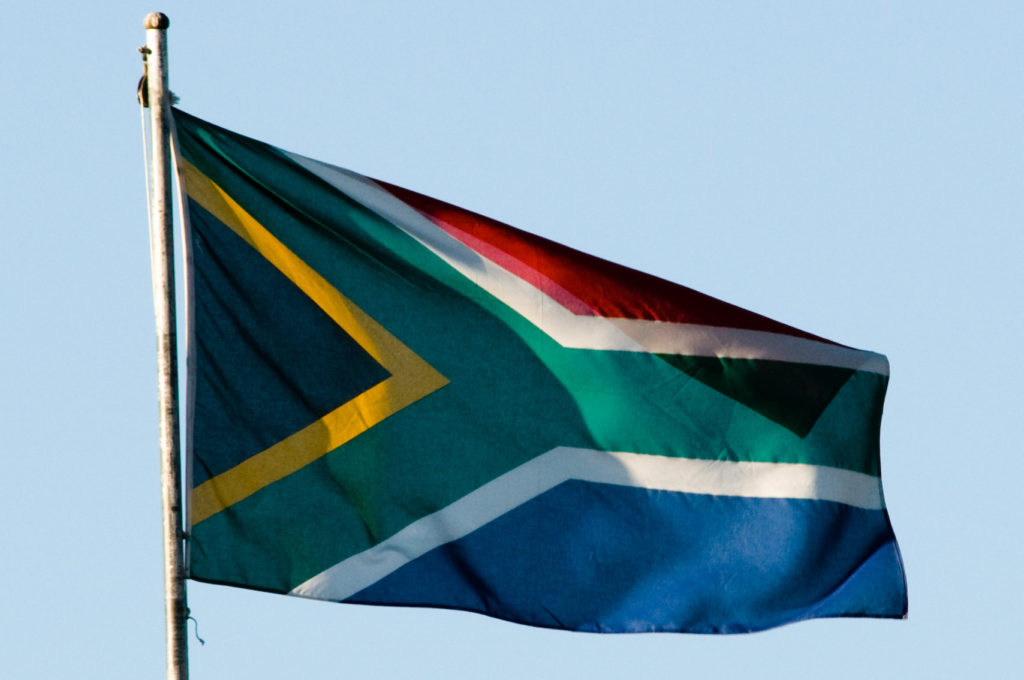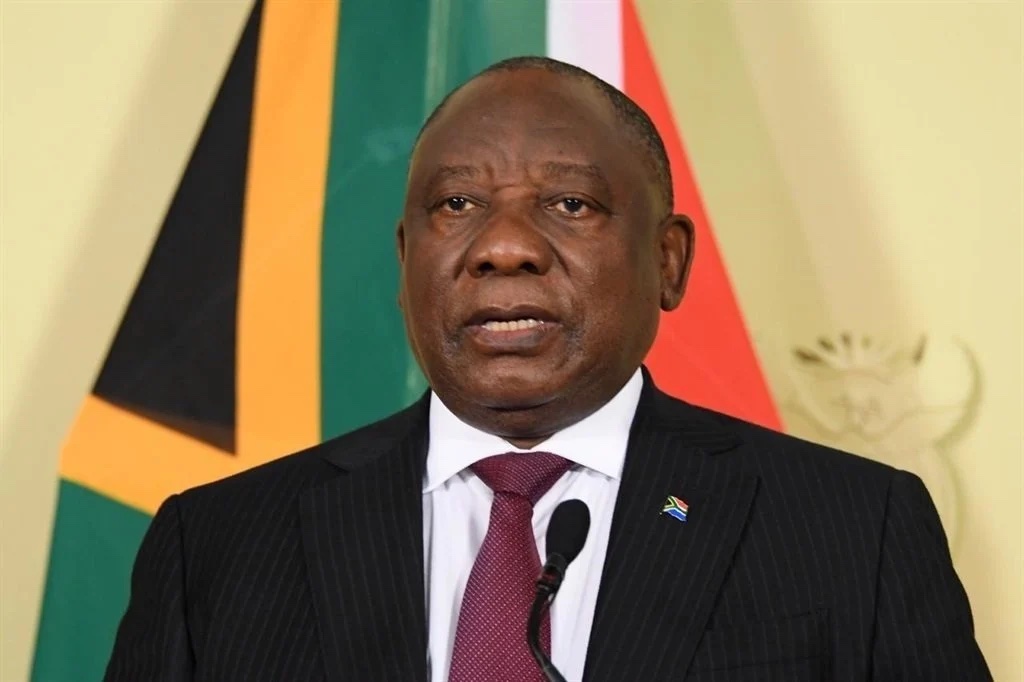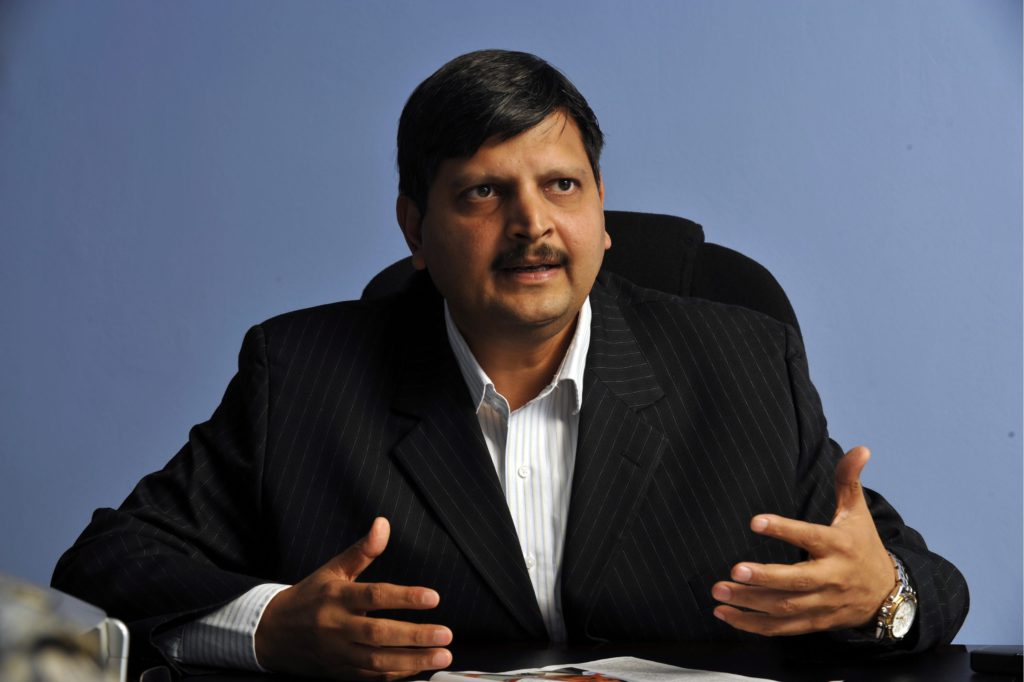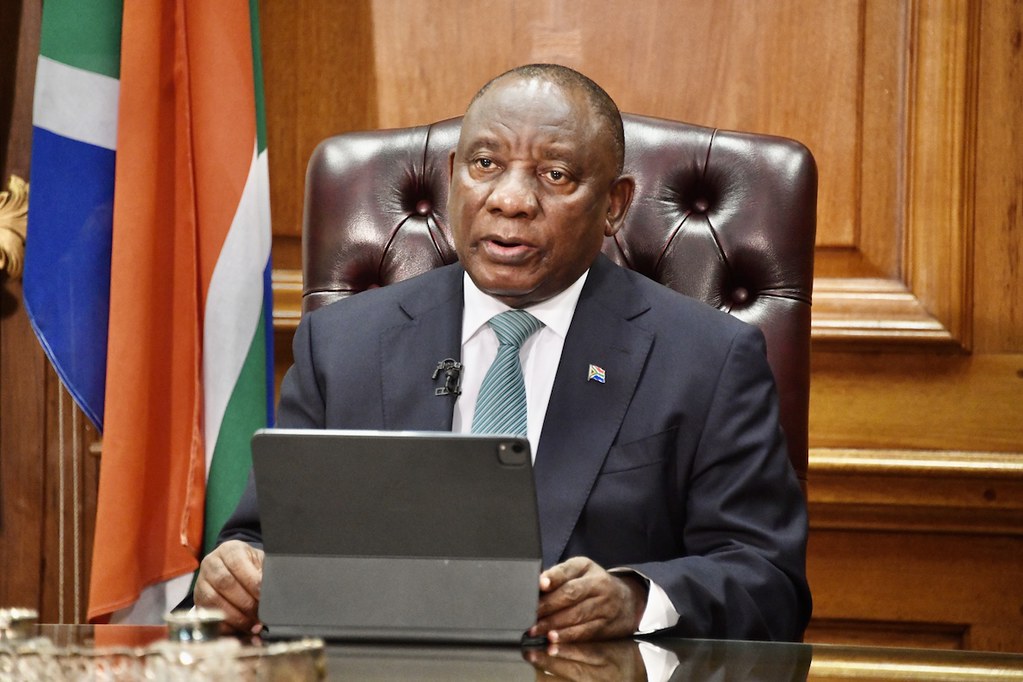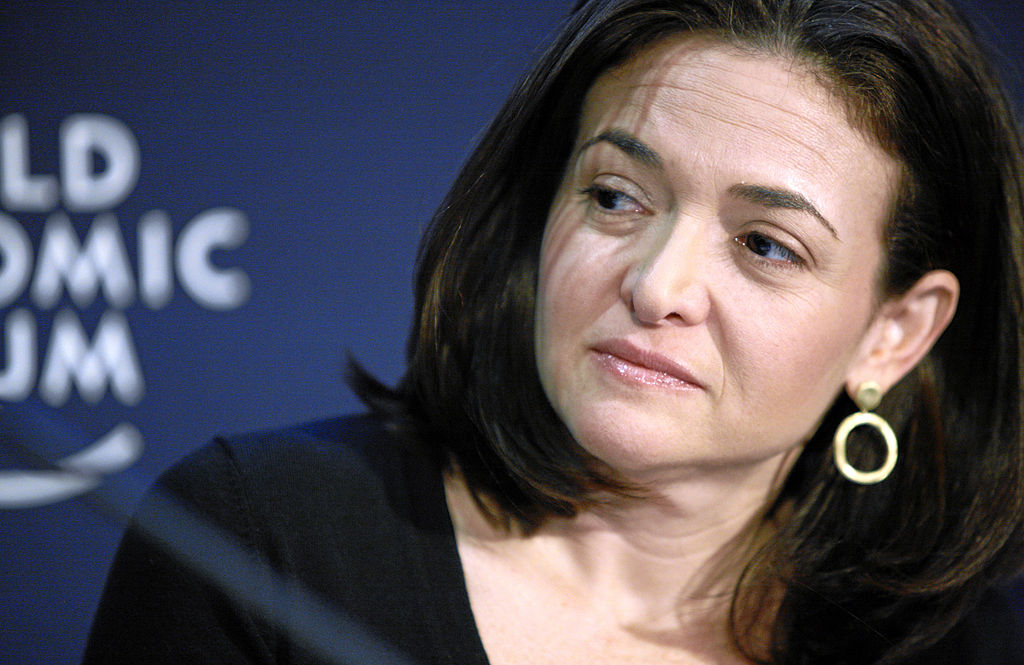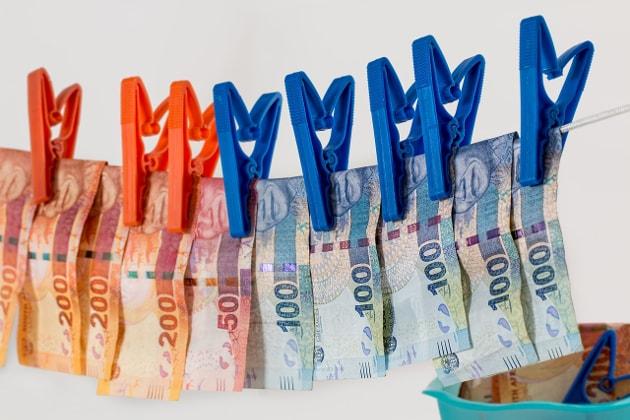If 2021 was meant to be a better year than the coronavirus festival that was 2020, it has sorely failed to deliver on its New Year’s resolution. Perhaps the next 12 months will offer something a little more enticing, here’s looking at you 2022.
The past 12 months has seen the pendulum of South Africa’s fortunes swing back and forth in the most volatile manner anyone could have predicted. Let’s look at some of the key moments in the country this year.
We managed to finally get the Covid-19 vaccine at the beginning of the year and things were starting to look a bit brighter, maybe 2021 was going to be a good year after all?
President Ramaphosa got his one-shot Johnson & Johnson vaccine in February and healthcare workers followed by also taking their vaccines. What came next was a botched rollout strategy and pushback from anti-vaxxers and some political parties like the ACDP. By December we were supposed to have 70% of the population vaxxed, well we’re only halfway to reaching that mark.
And to add to our woes new variants, like omicron, have seen the virus make a resurgence over the festive period with record daily infection rates reached. We’ll have to get in line for booster shots come the new year as omicron has also found a way to sneak past the vaccine shield. But even then, a new small study conducted showed the omicron variant finding a way past the booster shots.
July was surely one of this country’s darkest moments when mass looting and violent rioting broke out in KwaZulu-Natal and Gauteng after former president Jacob Zuma was sentenced to 15 months in prison for contempt of court. Zuma was sent to jail after he failed to appear before the State Capture Commission. What ensued was days of violence where as many as 342 people died and damages to the economy ran into the billions of rand.
Zuma did subsequently go to jail before he was later released on medical parole by former correctional services commissioner, Arthur Fraser, against the advice of the medical parole board. This week the Gauteng High Court ordered that Zuma should return to jail while the correctional services department said it would appeal the decision. Some of Zuma’s most vocal supporters like Carl Niehaus said the court order “should be rejected” while threats of new violence have done the rounds but both the KZN ANC and police minister Bheki Cele said there would be no new unrest.
Rolling blackouts also made a return during the year and Eskom CEO André de Ruyter came under increased pressure because of the continued load shedding and allegations of racism levelled against the power utility’s top man. At one point the Black Business Council called for De Ruyter’s resignation. The embattled power supplier did, however, post a R9 billion profit but will incur an overall loss by the same margin at the end of the financial year. De Ruyter has assured the nation that there will be no blackouts over Christmas even though there have been reports recently that SA could go to stage 8 load shedding.
The last man to preside of apartheid South Africa, FW de Klerk, died in November after a battle with cancer. De Klerk received recognition from President Ramaphosa for the role he played in dismantling apartheid along with former president Nelson Mandela. But when discussing what De Klerk’s legacy is there is no definitive answer with the only defining factor that it is undeniably complicated.
On the sporting side, there was plenty of controversies as well as triumph. The Springboks overcame a first test defeat to win the next two matches in the British and Irish Lions series, to take a 2-1 win just as they had done in 2009 when the Lions last visited. But the victory was not without its controversial moments. An hour-long video of SA director of rugby Rassie Erasmus was released to the public following the first test, which featured Erasmus criticising the officiating decisions of the Australian referee Nic Berry. The former Springbok coach was sanctioned by World Rugby for the video and banned from rugby for 60 days. Since the ban, Erasmus has enjoyed the time off and has become popular on social media where he posts videos of his new relaxed lifestyle.
Allegations of racism rocked the SA cricket fraternity when the Social Justice and Nation Building process conducted by the Ombudsman found that current director of cricket and former captain Graeme Smith and current head coach Mark Boucher, as well as former captain and star batsmen AB de Villiers, engaged in prejudicial conduct. The final SJN report also found that the appointments of Smith and Boucher were irregular and did not follow procedure.
Here’s a roundup of interesting opinions, analyses, and editorials:
- FRIDAY BRIEFING | They shaped 2021: 10 South Africans that saved us, angered us and made us proud – News24
- Festive season briefing: SA remains on alert level 1 and police out in full force to maintain safety – Daily Maverick
- DAVID FURLONGER: The good, the bad and the truly horrible of motoring in 2021 – Financial Mail
- Dare we cheer a happy new year? – Mail & Guardian
- Planned seismic survey by Shell has kicked up a storm in South Africa. Here’s an explainer – Daily Maverick
- EDITORIAL: SA’s strange mix of democracy and disorder – Business Day (Subscribe to read)
- CHRIS HART: SA will suffer if we turn our back on coal – Business Day
- OPINION | Financial institutions have the clout to tackle climate change – they should use it – Fin24
Feature Image: Wikimedia Commons

